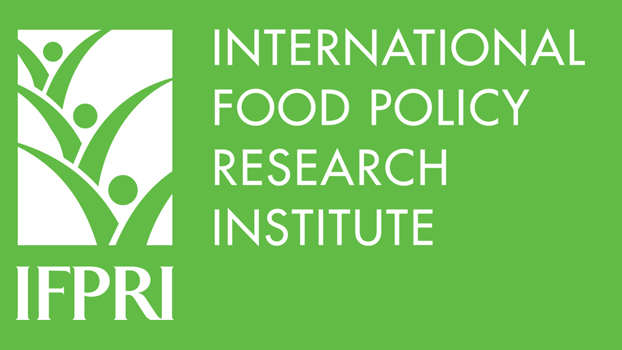Buy paddy, not rice, to ensure fair price: IFPRI

The government has to purchase 30 lakh metric tons of paddy from the farmers, and not rice from the millers, to ensure fair price at the root level, says the International Food Policy Research Institute (IFPRI).
The international food research organization also suggested increasing the capacities of the paddy storehouses across the country.
Last year (2019) the farmers did not get the fair price for paddy, and on being deprived of it, many farmers set fire to their paddy fields as part of the anxieties and protest.
On the other hand, a section of people, who are the middlemen like mill owners, were the gainers in the entire paddy purchase process.
Considering the experience in 2019, the Ministry of Agriculture had requested the IFPRI to conduct a research on the paddy collection from the farmers by the government, and as per the request, the IFPRI conducted the research, which was funded by the USAID.
According to the IFPRI, the more the government purchased paddy from the farmers at the root level, the more the price of the grain would increase.
For the welfare of the farmers, the IFPRI has suggested the government purchase hundred percent of the government collection part of paddy from the farmers directly, instead of rice.
It said the paddy price could be increased up to 45 percent if the government purchased 100 percent food as paddy in 2019.
Not only that, the IFPRI also has suggested the government rearrange the entire food purchase system and management.
According to experts, farmers usually sell paddy from the beginning of the paddy season. This is why farmers get a fair price for their paddy if the government purchases it from them directly at the beginning of the season.
Experts said food prices could increase abnormally if the government collects large quantities of rice from the middlemen. For this reason, a negative or bad impact could be created on the poor or low-income group people, who are used to purchasing rice. As a result, it might appear as a big challenge for the government to ensure fair price of food, mainly rice, in the markets at the root level.
Regarding the implementation of the proposal of the IFPRI, the international food research institute said, farmers would bring their paddy for sale near the local supply depots (LSD) under the food department.
The IFPRI also suggested the government fix a limitation so that a farmer could sell a minimum of 200 kilograms and a maximum of two tons of paddy. If the limit is fixed, real farmers will be able to sell their paddy at fair prices.
According to the IFPRI proposal, no rice mill owner would purchase paddy from the farmers. They would collect paddy from the LSD and after processing it into rice, supply it to the LSD further. In this regard, the rice mill owners would get money for carrying and converting the paddy to rice.
Experts opined that if the proposal is implemented both the farmers and the rice mill owners would benefit.
“Farmers would be able to sell their paddy at a fair price and the rice mill owners would get commission,” said an expert.




